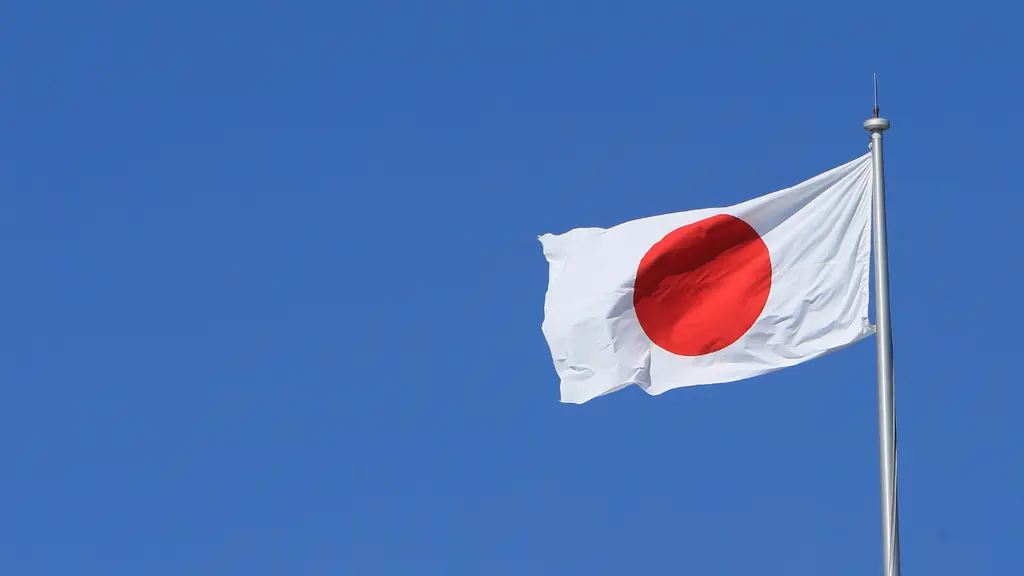Sensitive content
This site contains sensitive content that includes references to sexual violence.

Japan has made very limited progress on ending childhood sexual violence at home and around the world.
Japan maintains a minimal but growing level of Official Development Assistance at 0.44% of GNI (1), and one of the G7’s lowest contributions to UNICEF, at just USD 3 per capita (2).
Japan has not abolished criminal statutes of limitations in relation to childhood sexual violence (3).
Japan has some protections in place to foster a safe internet, but they are inadequate. 2,385 criminal investigations into child violence cases were conducted by the police in 2023, 13.4% of which involved instances of childhood sexual violence (4).
Japan currently lacks a formal National Survivors Council. However, promising grassroots momentum is building through a coalition of organisations including ChildFund Japan, ECPAT/STOP Japan, Kyofukai, BeBrave Japan, World Vision Japan, and Spring. The coalition is actively advocating for the establishment of both a Survivors Council and Child Advocacy Centers, and has gained support from key members of the Diet and within the government (5).
While Japan has established several National Action Plans, including the latest ‘Promotion of Comprehensive Measures to Prevent Sexual Violence Against Children’ developed in 2024, critical gaps remain regarding protections against child sexual abuse materials – including Manga, Anime, virtual and/or AI-generated content (6).

